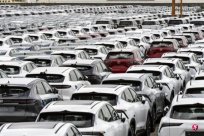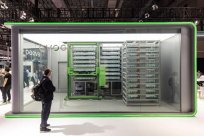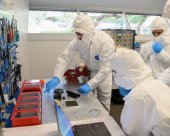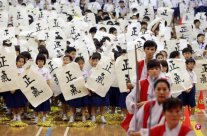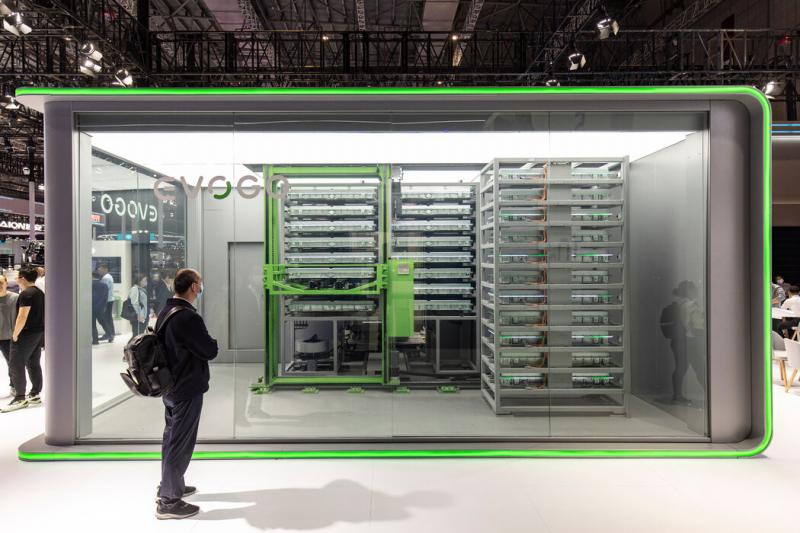
Today, China's dominant position in the field of electric vehicles may lead to a trade war. However, this technology was born in a university laboratory in Texas, the United States decades ago.Rich and cheap mineral manufacturing batteries.
Recently, on the basis of these early discovery, companies from China have studied how to keep batteries with strong power and be able to withstand daily charging for more than 10 years.These companies are manufacturing a large number of batteries in a low cost and reliable way to produce most of the world's electric vehicles and many other clean energy systems.
The battery is just an example of China in terms of technology and manufacturing maturity or surpassing advanced industrial countries.From pharmaceuticals to drones to high -efficiency solar panels, China has made many breakthroughs in many areas.
Since the "World War II", the United States has maintained a leading position in technology, and China's challenge to this status is reflected in China's classrooms and corporate budgets, and it is also reflected in high -level decisions.
The proportion of Chinese students mainly primaries in science, mathematics and engineering is much higher than that of students in other major powers.This ratio is still rising, although the overall number of higher education has increased by more than 10 times since 2000.
China ’s surge in research and development has increased, which has doubled in the past ten years, second only to the United States, ranking second in the world.The recent calculations of the Australian Institute of Strategy Policy show that in the 52 of the 64 key technologies, Chinese researchers have published the most widely cited papers.
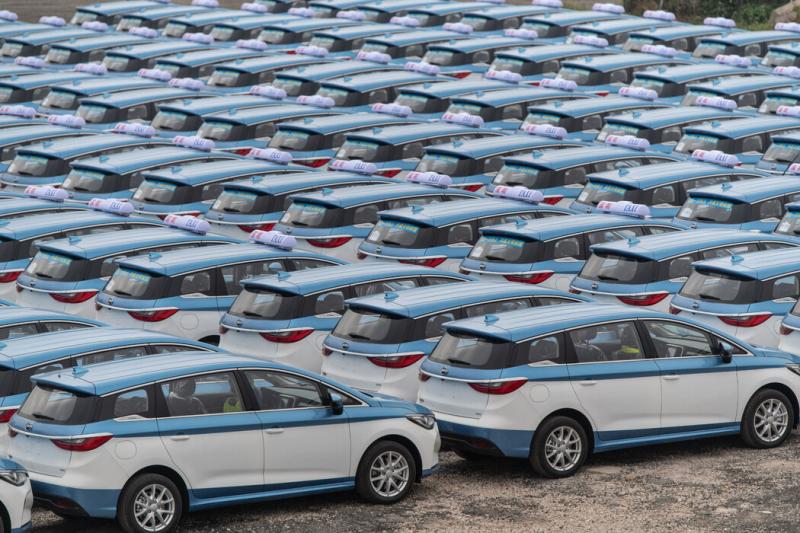
Last month, China ’s vowing to let China's research work go to another step.
In a ten -year meeting, China regards scientific training and education as one of the primary economic tasks of the country.In the final resolution of the meeting, in addition to strengthening its own strength, this goal has received more attention than any other policies.
China will "urgently need discipline majors", and Education Minister Huai Jinpeng said."In -depth implementation of national basic disciplines to draw tips for training strategic actions."
According to the data from the Ministry of Education of China, most undergraduates in China have maintained mathematics, science, engineering or agriculture.The same is true of Chinese doctoral students in China.
In contrast, only one -five -fifth of American undergraduates and half of doctoral students are subject to majors, although the definition of these majors in these majors is narrower.
China's leading advantage in the battery field is particularly obvious.According to the Australian Institute of Strategic Policy, 65.5%of researchers from China in the technical papers widely referenced in the battery field, only 12%from the United States.
The two largest electric vehicle battery manufacturers in the world Ningde and BYD are both Chinese companies.
There are nearly 50 graduate programs in China focusing on battery chemistry or closely related to battery metallurgy.In contrast, only a few professors in the United States are engaged in battery research.
Hillary Smith, a professor of battery physics at the Sworo College in the United States, said American college students are increasingly interested in battery research.But she also said, "If they want to do battery research, because the quota is too small, the competition is very fierce, and most people have to choose other majors."
Through Central South University in Changsha, you can see the success of the Chinese battery industry.Changsha is a city in central and southern China. It has been the center of the Chinese chemical industry for a long time.
Central South University has a wide area and advanced facilities, with nearly 60,000 undergraduate students and graduate students.Its chemical department was once located in a small brick building and has now moved into a six -story concrete building with a large number of laboratory and classrooms.
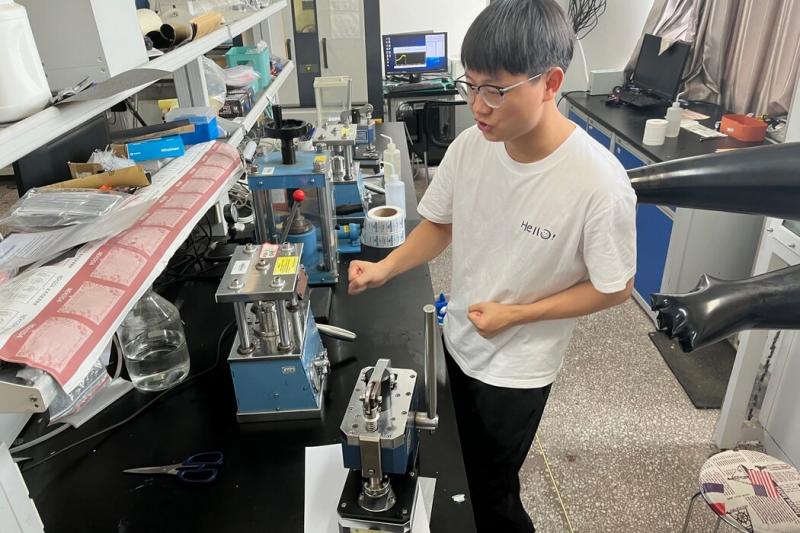
In a flashing red light, hundreds of batteries using new chemical components are tested at the same time.Many rooms are equipped with electronic microscope and other advanced equipment.
Doctor Zhu Fangjun (Yin) said: "Our experimental equipment can meet all test needs."
Professor Peng Wenjie set up a battery research company near the school and hired more than 100 doctoral doctoral and master's degree and more than 200 assistants.The assistants work for each researcher to test the new chemicals and new designs in 24 hours a day.
Peng Wenjie said, "Many people are testing at the scene, so the efficiency is very high."
China ’s professional skills in manufacturing are constantly developing. This has triggered a fierce debate in other countries, especially the United States to invite Chinese companies to build factories or try to reproduce Chinese achievements.
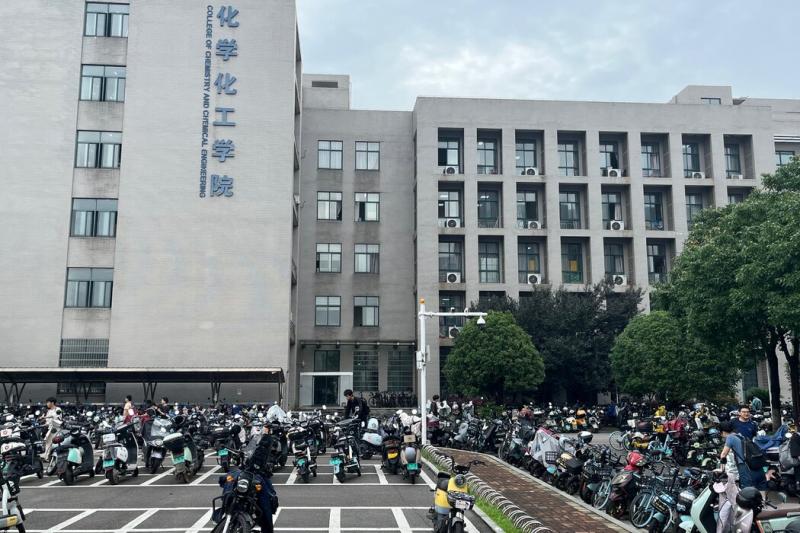
"If the United States wants to quickly establish a supply chain, the best way is to invite Chinese companies, they will quickly establish and bring technology,"People An Feng said.
Manufacturing accounts for 28%of the Chinese economy and 11%in the United States.Liu Qiao, dean of the Guanghua School of Management of Peking University, said that China believes that investment in scientific education and research will be transformed into an efficiency improvement, which will help boost the entire economy.
"If you have a huge manufacturing industry," he said, "It is easy to improve production efficiency."
However, China's manufacturing strength has become a geopolitical issue.Government subsidies and policies that promote the prosperity of the factory allow many countries to be cautious about purchasing more Chinese export products.
The European Union imposed high temporary tariffs on electric vehicles from China.U.S. tariffs have essentially prevented China Electric Motor Corporation, while political and commercial pressures have hindered cooperation with Chinese battery manufacturers.Essence
Nevertheless, Chinese battery companies are still looking for how to produce batteries for the United States in the United States.Zeng Yuqun, chairman and founder of Ningde Times, said that the cost of building and equipped a electric vehicle battery factory in the United States was six times that of China.
The progress of work is also very slow- "Time to use," he said in an interview.
The United States is still leading China in terms of overall research expenditure. In terms of the amount of dollars in expenditure or the proportion of the two countries' economies, this is the case.The proportion of research and development accounted for the US economy has reached 3.4%last year after several consecutive years.
But China's proportion is 2.6%, and it is still rising.
"If China surpasses the United States and has a manufacturing foundation, what will happen?" Craig Allen, the president of the US -China Trade National Committee, representing the American and China Trade National Committee in Huamei.

